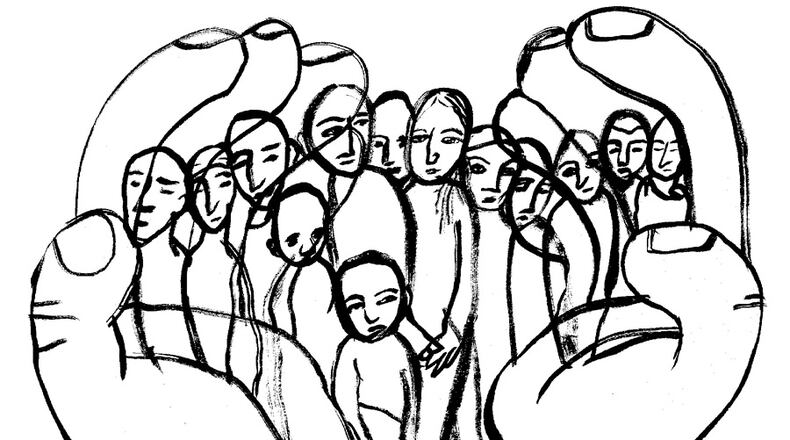Throughout my 31 years in public service, I have had the privilege of hearing stories from all kinds of people living in our great state.
But there is one in particular that has stayed with me recently. I was in a rideshare vehicle on my way to a forum to speak on mental health, and my driver asked where I was going. Upon hearing my answer, she became overwhelmed and began to cry. Her daughter has struggled with severe mental health issues for a long time, and she has become weary trying to find resources to help her child.
She said the system just isn’t working, and she’s right; it’s not.
As a Georgia State Representative in 2019, I authored legislation that created and now serve as chairman of the Georgia Behavioral Health Reform and Innovation Committee, which was formed to conduct a comprehensive review of the behavioral health care system in Georgia.
Credit: contributed
Credit: contributed
The committee is fortunate to be made up of 24 unique members who are leaders in their fields, including many professionals experienced in behavioral health care. Through research and investigation, the committee came to find there is a desperate need to improve and change the way Georgia responds to mental health – from resources for children to the criminal justice system.
A report by the committee found that all but 9 of Georgia’s 159 counties have shortages in parts of their mental health workforces. This makes it no surprise that Georgia is 51st in terms of access to mental health, according to the 2021 state rankings released by Mental Health America.
Additionally, the American Academy of Child and Adolescent Psychiatry identified Georgia as a state with a severe shortage of child psychiatrists – with only 8 psychiatrists per 100,000 youth, we are far from the needed 47 per 100,000 to adequately serve Georgia’s children.
While it does take time and investment to build out the state’s mental health system and bolster the mental health clinician workforce, Georgians, like my rideshare driver’s child, cannot wait any longer. There are changes to the system that we can make right now to help those struggling with mental illness. These include the following recommendations from the committee:
- Equalizing mental health to be treated with the same level of care as physical illnesses and ailments by health care providers and insurance agencies. This would also be paired with a system of public reporting to hold providers accountable if mental health coverage is not upheld.
- Eliminating gaps in services by creating a detailed, accessible list of licensed professionals in the state and information on whether they are taking new patients, insurance and more.
- Creating opportunities to attract licensed mental health professionals to areas needing more service through solutions like loan forgiveness programs, allowing more health care professionals to practice to the full extent their license allows and resolving salary disparities.
- Standardizing lists of covered prescription medications across insurances, including Medicaid, so patients can break through the red tape of accessibility while also saving the state money and time.
- Streamlining health care across physician specialties so practitioners may work together with insurance companies to prioritize patients.
- Redirecting nonviolent offenders struggling with mental health away from criminal courts and into local treatment facilities as well as establishing accountability by having a working relationship between the treatment center and the civil courts.
Florida’s Miami-Dade County has seen great success in addressing mental health challenges in the criminal justice system through the 11th Judicial Circuit Criminal Mental Health Project. With more than 200,000 residents experiencing serious mental illness (SMI), the initiative diverts nonviolent SMI offenders away from prosecution and into treatment and support programs, which then create efficiency in procedures and cost measures. We should look to this model as a roadmap as we work to improve mental health services in Georgia.
By adopting these targeted solutions right now, state leaders can make real change in real time. We are fortunate to have the support of Georgia Speaker of the House David Ralston and Gov. Brian Kemp who both understand that mental health must be a priority in Georgia moving forward.
COVID-19 has brought into clearer focus the fact that we have a mental health crisis in our state and in our nation. Georgia has the opportunity to once again be a leader by transforming our mental health system and becoming a model for others to follow. The time for action is now.
Kevin Tanner, Forsyth County manager, is a former state legislator and chairman of the Georgia House Transportation Committee. He currently serves on the SRTA Board and serves as chairman of the Georgia Behavioral Health Reform and Innovation Committee.
About the Author





